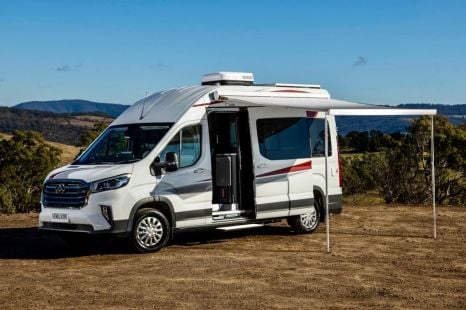

Ben Zachariah
2026 LDV Deliver 9 campervan released with sharp pricing
12 Hours Ago

Contributor
Neue Klasse. Two words to make BMW fans feel all warm and fuzzy inside.
First applied to the sedans that saved the brand in the 1960s, the name is being dusted off and rolled out for a new platform set to debut in 2025.
When it announced the platform, BMW said it would support electric and potentially hydrogen fuel-cell vehicles.
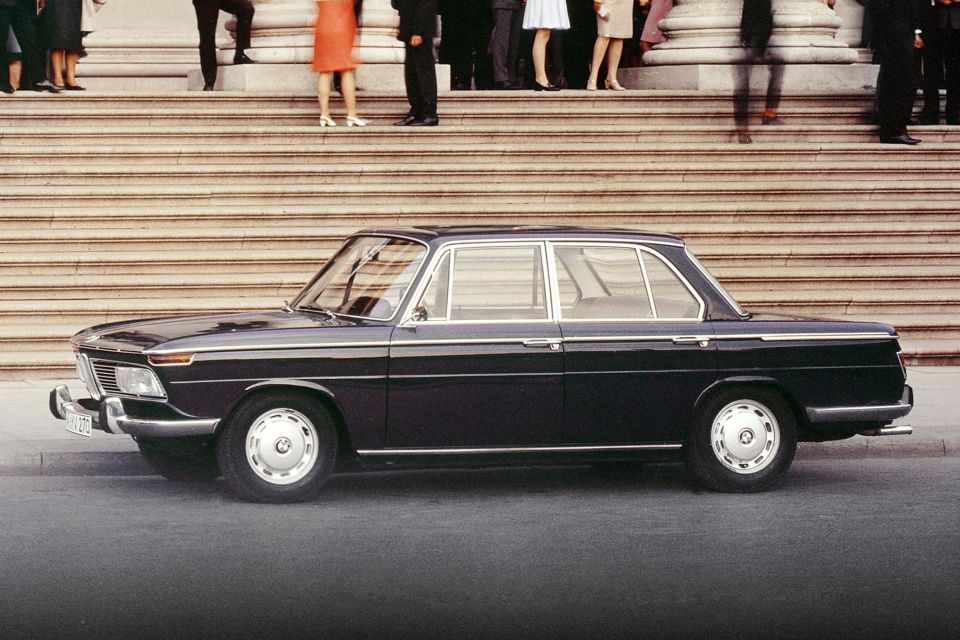
Now, in an interview with CARmagazine, BMW CEO Oliver Zipse has left the door open for it to also support internal-combustion engines.
“At a later point in time, you might put another type of engine, combustion, on the front axle,” Mr Zipse told CAR.
“The architecture is still BEV-centric. It will give you the absolute best electrical driving performance like any pure electric platform; there is no contradiction at all.”
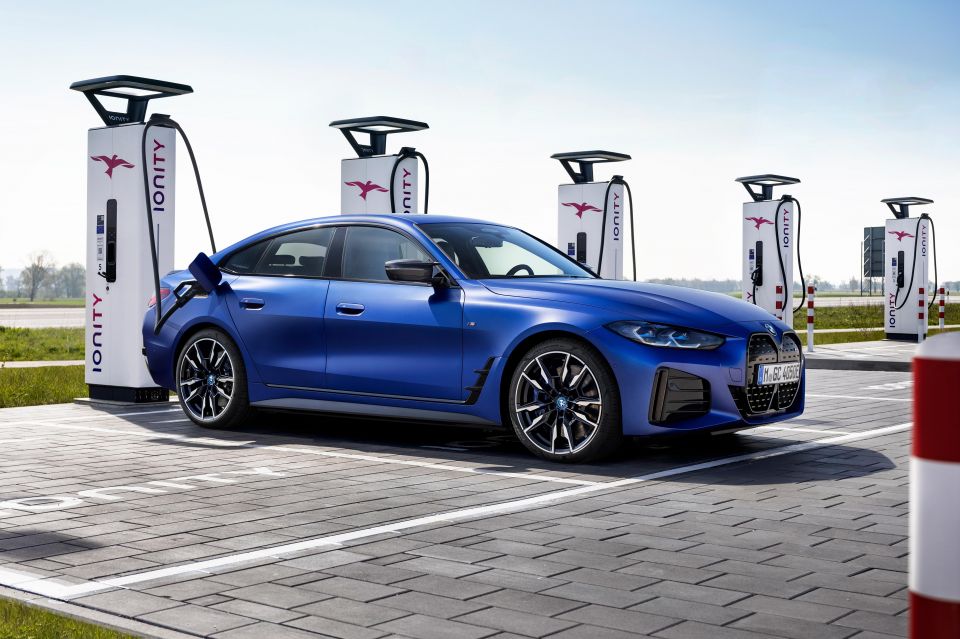
The current BMW electric range is heavily skewed towards cars built on shared electric and petrol architectures.
The i4 is an electric 4 Series Gran Coupe, the iX3 is an electric X3; even the iX shares a lot of its bones with cars built on the CLAR architecture underpinning the current BMW range.
Neue Klasse promises to be more electric-focused than the current CLAR.
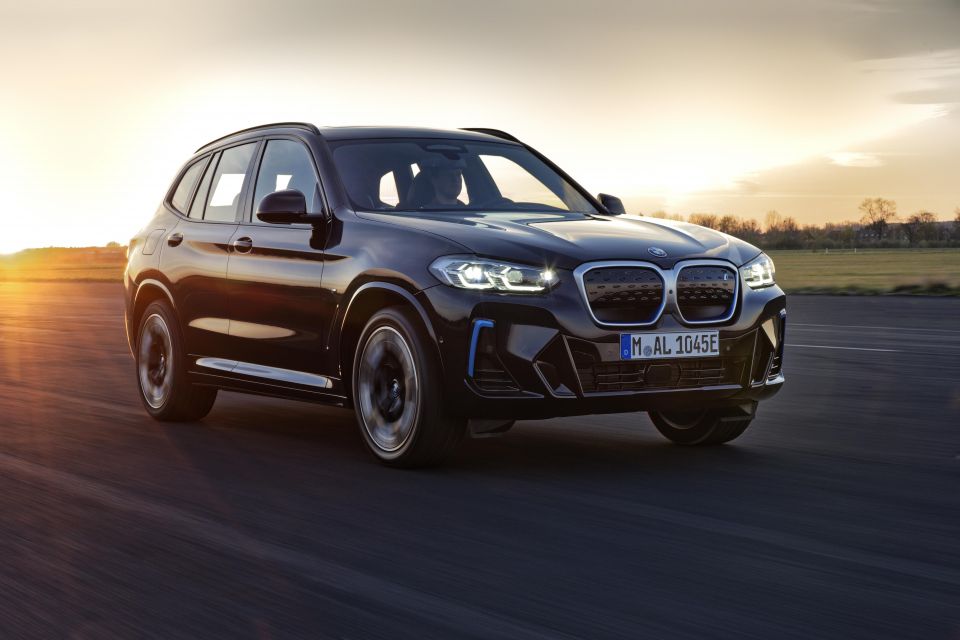
“We’re establishing that with the design of the architecture, asking how do we put a battery efficiently into the car, where do you put the drivetrain? On the rear: excellent!” Mr Zipse told CAR.
“But it must also be all-wheel drive, you must also be able to put [a motor] on the front axle. If it’s a pure battery electric vehicle, that system set-up must be 100 per cent correct.”
In addition to all of this, the platform is designed to be part of the circular economy with secondary recycled or upcycled materials preferred “wherever the quality and availability of materials allow”.
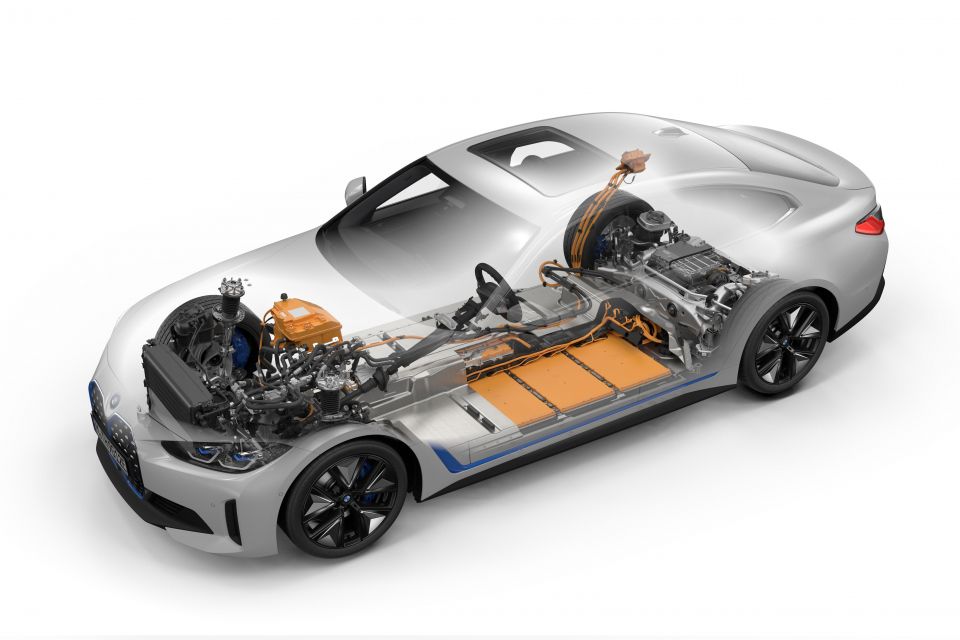
The platform and cars built upon it will also be designed so its parts can be recycled for use elsewhere.
BMW believes by 2030 half of its sales will come from pure electric cars, and it will have sold around 10 million electric vehicles in total.
The brand has one of the more tumultuous electric rollouts we’ve seen.
It has dabbled with electric power since the 1972 Munich Olympics, where it ran a converted 1602 sedan to lead out the long-distance running events without choking the runners with fumes.
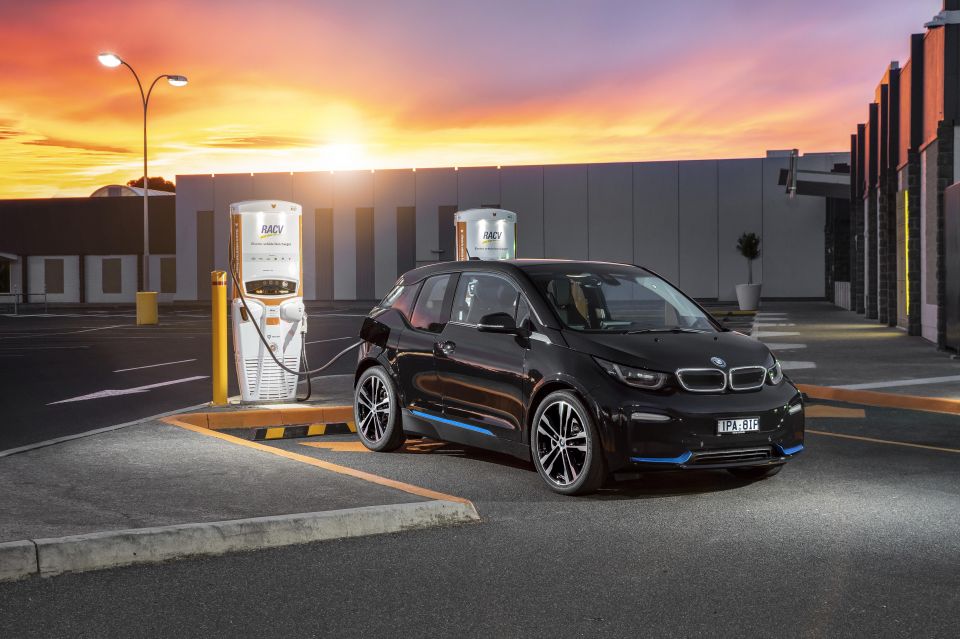
Powered by a dozen 12V batteries, it had a range just north of 50km – not great for the commute, but good enough to last an Olympic marathon.
BMW flirted with electric power through the 1970s, ’80s, ’90s, before leasing 600 electric Minis to the general public in 2008 as a test. It also rolled out a battery-powered 1 Series prototype in the USA and Europe, once again to a limited pool of test pilots.
The all-electric BMW that looms large over the rest, though, is the carbon-tubbed, futuristically-styled i3 city hatchback that’s only now reaching the end of its life.
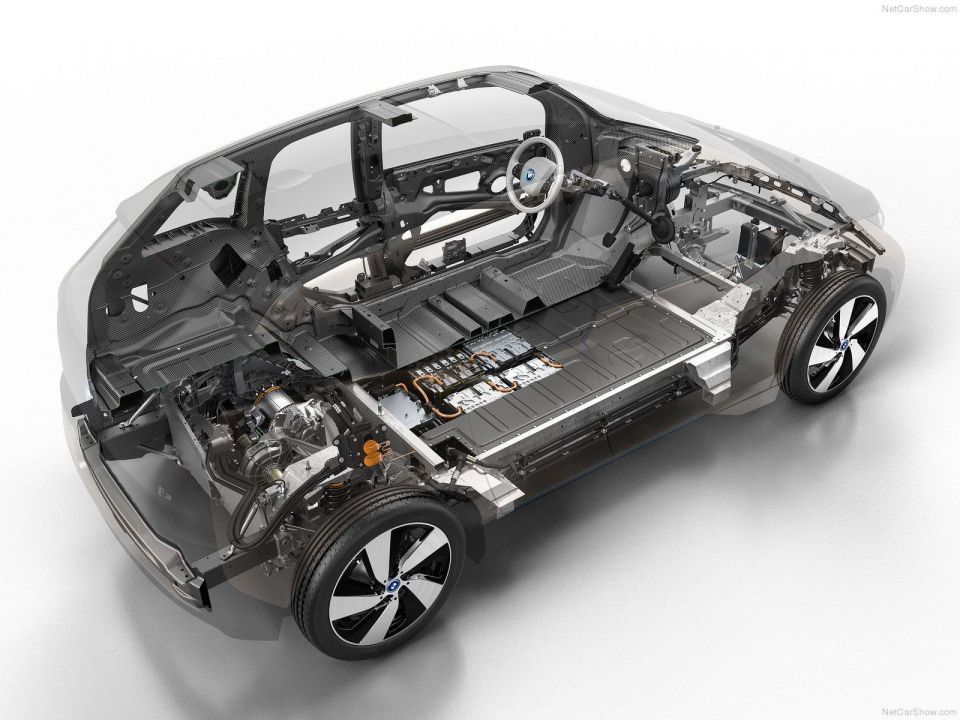
Built with sustainability at front-of-mind, the i3 signalled BMW was getting serious about electric mobility. Built at a dedicated factory alongside the i8 hybrid supercar, the i3 wasn’t cheap to develop or build. It also wasn’t cheap to buy.
Despite its jump on the competition, BMW is the last of the German brands to announce an electric-first architecture.
The iX3 has been beaten to market by the Audi e-tron and Mercedes-Benz EQC, and BMW doesn’t have a rival to the imminent Audi Q4 e-tron and Mercedes-Benz EQA.
The last BMW CEO, Harald Kruger, resigned in 2019 on the back of a challenging switch to electric power.
Where expert car reviews meet expert car buying – CarExpert gives you trusted advice, personalised service and real savings on your next new car.
Scott Collie is an automotive journalist based in Melbourne, Australia. Scott studied journalism at RMIT University and, after a lifelong obsession with everything automotive, started covering the car industry shortly afterwards. He has a passion for travel, and is an avid Melbourne Demons supporter.


Ben Zachariah
12 Hours Ago
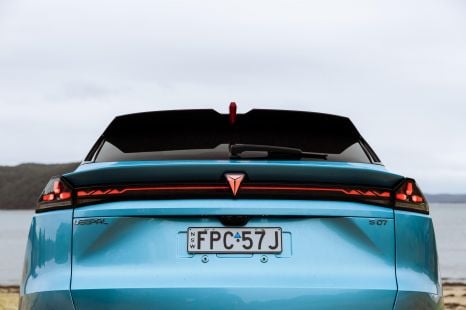

William Stopford
13 Hours Ago
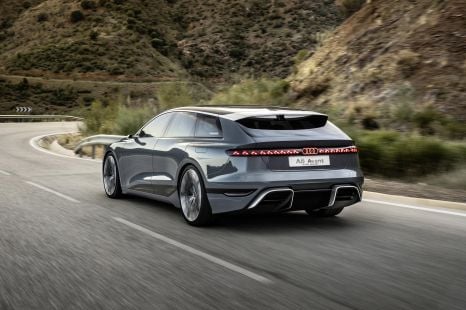

Derek Fung
14 Hours Ago
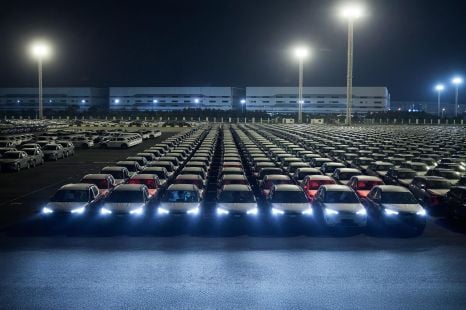

Alborz Fallah
14 Hours Ago
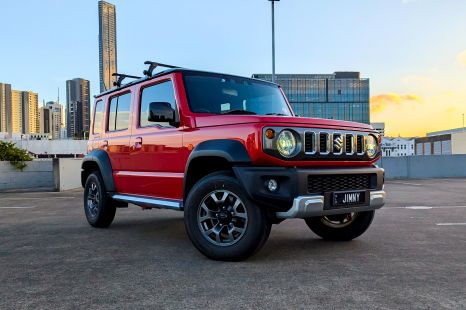

William Stopford
21 Hours Ago
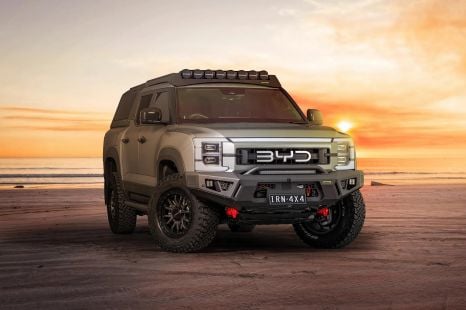

William Stopford
1 Day Ago